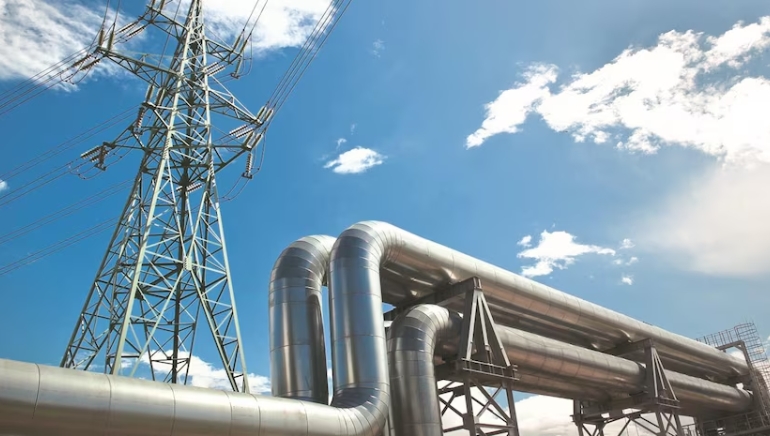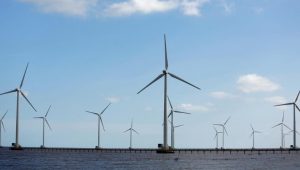Azerbaijan, the UAE, and Brazil—the previous, current, and future hosts of the UN climate conference—are expected to grow their combined oil and gas production by 33% by 2035, despite commitments to lead global climate action. Oil Change International’s latest analysis underlines the discrepancy between their climate goals and increased fossil fuel investments.
According to the report, the UAE and Brazil will increase production by 37% and 38%, respectively, by 2035, while Azerbaijan forecasts a modest 4% increase. Azerbaijan, which will host COP29 in Baku in November, is under investigation since its climate efforts were judged “critically insufficient” by Climate Action Tracker after withdrawing its 2030 emissions target.
During the 2023 UN Climate Summit in Dubai, world leaders pledged to triple renewable energy capacity and double energy efficiency by 2030.
The International Energy Agency (IEA) believes that countries can meet the renewable energy target if they follow the UAE accord, which focuses on reducing fossil fuel dependency.
As the COP Troika hosts a UN General Assembly meeting this week, global pressure grows for tangible measures to deliver on the ‘Roadmap to Mission 1.5,’ which calls for updated national climate plans (NDCs) by February 2025.















